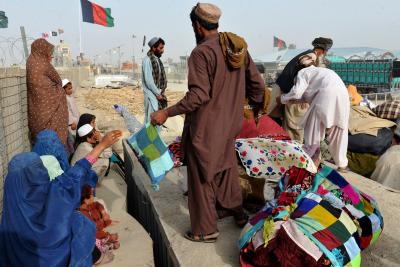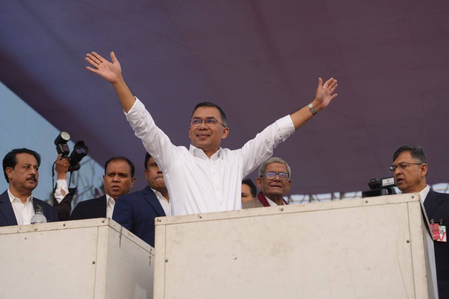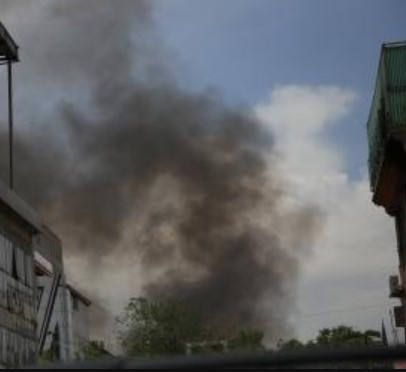
New Delhi, Oct 29 (IANS) Poverty is on the rise in Bangladesh as the political instability in post-Hasina Bangladesh has led to a decline in investment and industrial growth, according to an article in the Asian Lite newspaper.
The article cites World Bank figures which show that economic growth has slowed to 4 per cent in FY25. Due to this, the poverty (measured international poverty line of $3 — 2021 PPP — is projected to rise to 8.9 per cent and an additional 30 lakh people will be pushed into poverty.
The macroeconomic pressures can be gauged from the deteriorating condition of the labour market. The employment ratio has fallen to 56.7 per cent in 2024, and the service sector has experienced significant job losses. Moreover, the youth and women employed in the agriculture sector are often trapped in a low-skill and low-wage situation. On top of that, the urban areas lack opportunities for young graduates and women, compelling them to enter the low-paying services sector, the article states.
It highlights that Mohammad Yunus’s interim government, which assumed power over a year ago, has failed to deliver on its promise of macroeconomic stability through fiscal and monetary measures aimed at tackling inflation and meeting IMF loan conditions. Instead, the economy has seen a regressive turn of events, with gaping poverty and unemployment issues, and a growth slowdown.
According to a recent survey by the Power and Participation Research Centre (PPRC), over one in four people in Bangladesh are now living below the poverty line, which is a drastic increase compared to the poverty estimates from 2022. Such numbers have led the policymakers and international development institutions to rethink Bangladesh’s development journey.
PPRC reports state that more than 55 per cent of expenditures in urban households are going toward necessities like food, crowding out the disposable funds for health, education, and savings.
Thus, one has to worry not just about the people below the poverty line, but also those who are just one income or climate shock away from being pushed into poverty. Thus, a large section of the population is vulnerable to poverty, living in precarious edge of economic deprivations.
A study by PPRC finds that the gap between the consumption shortfall has doubled since 2022. Thus, the greater the gap between actual consumption and poverty lines, the stronger the policy mechanism needs to be to pull them above the threshold.
“A consensus is forming now that the interim government has failed Dhaka’s minority and law and order, stomped the voice of dissent, and the leadership hasn’t shown the expected statesmanship. After the disappointing developments on the human development front, the interim regime has also failed on the human rights front,” the Asian Lite article further states.
–IANS
sps/na




